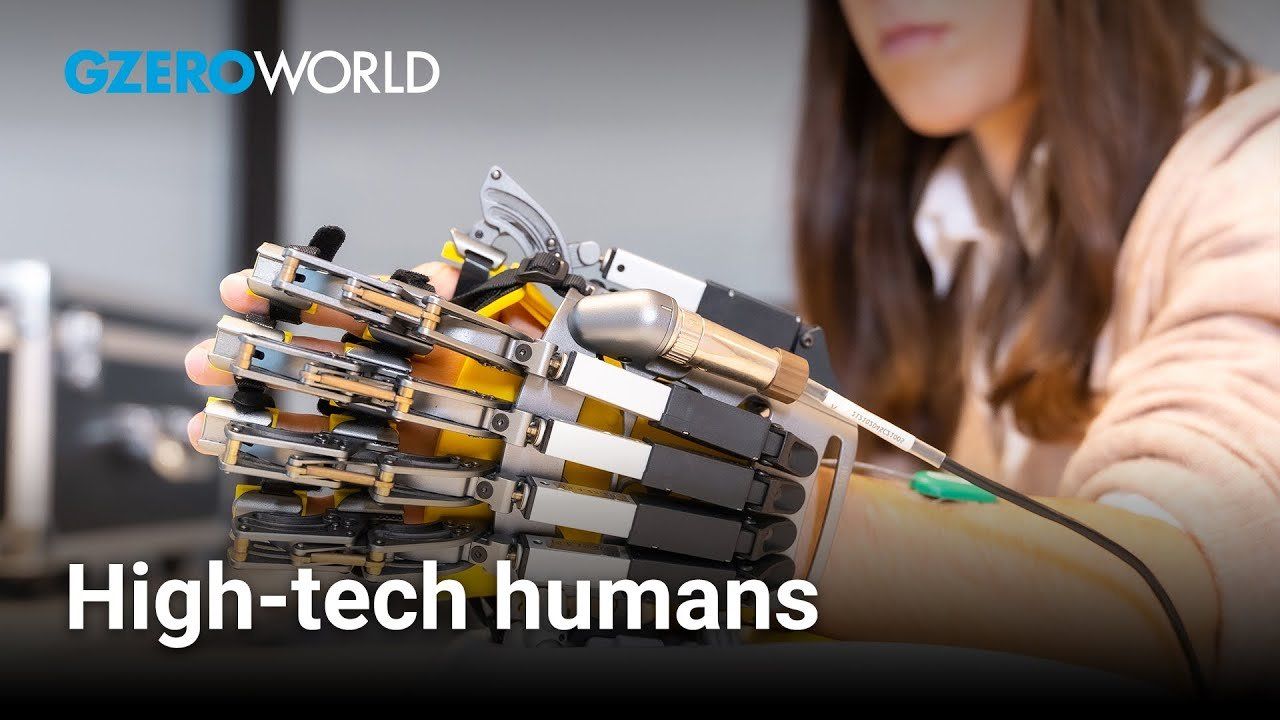
On GZERO World, Ian Bremmer and Siddhartha Mukherjee explore the many ways medical technology will transform our lives and help humans surpass physical and mental limitations. Mukherjee, a cancer physician and biologist, believes artificial intelligence will help create whole categories of new medicines. AI can spit out molecules with properties we didn’t even know existed, which has tantalizing implications for diseases currently thought to be incurable. Recently discovered treatments for things like spinal muscular dystrophy, which used to be almost certainly deadly but is now being treated with gene therapy, are just the beginning of what could be possible using tools like CRISPR gene editing or bionic prosthetics.
Mukherjee envisions a future where people who are paralyzed by disease or stroke can walk again, where people with speech impairments can talk to their loved ones, and where prosthetics become much more effective and integrated into our bodies. And beyond curing ailments, biotechnology can help improve the lives of healthy people, optimizing things like brain power and energy.
“We will become smarter, we will become hopefully more disease resistant, we will have larger memory banks,” Mukherjee explains, “And we will have the capacity to interact in the virtual sphere in a way we cannot just simply interact in the real sphere.”
Watch the full interview: From CRISPR to cloning: The science of new humans
Catch GZERO World with Ian Bremmer every week at gzeromedia.com/gzeroworld or on US public television. Check local listings.
- From CRISPR to cloning: The science of new humans ›
- Podcast: Tracking the rapid rise of human-enhancing biotech with Siddhartha Mukherjee ›
- AI agents are here, but is society ready for them? ›
- Steven Pinker shares his "relentless optimism" about human progress ›
- What is CRISPR? Gene editing pioneer Jennifer Doudna explains ›
- CRISPR gene editing and the human race ›